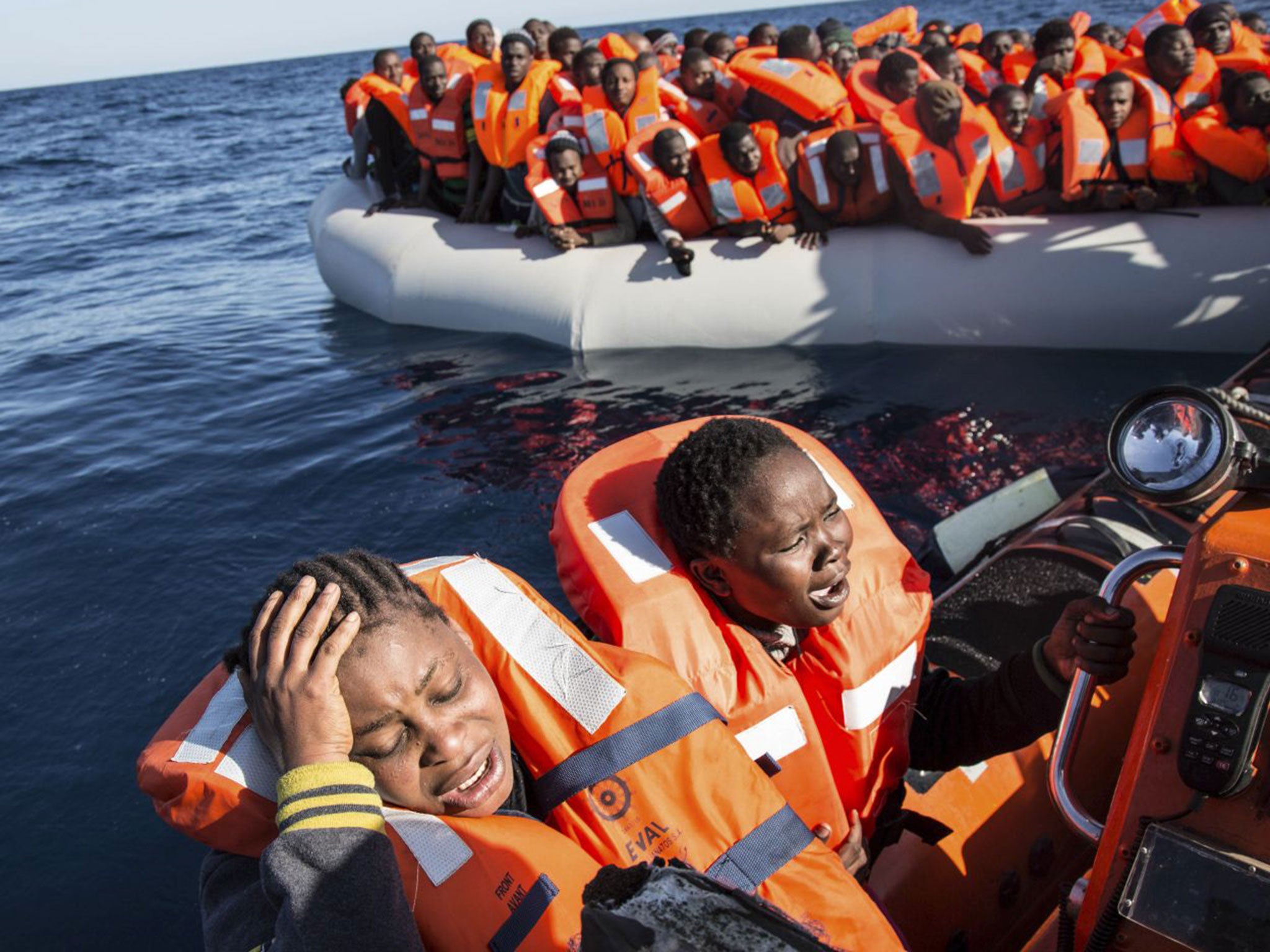The EU’s decision to stop rescuing drowning refugees shames us all
Operation Sophia represented European solidarity at its best. But with the far right rising in Italy, the EU’s refugee rescuing mission has now come to a callous end


It was, in reality, inevitable that Operation Sophia, the European Union’s humanitarian policy of rescuing refugees from death by drowning, would soon come to an end. One reason, it must be conceded, was the way the evil people smugglers chose to exploit the situation, and abuse the naval and emergency patrols’ mission to save lives. Another, of course, is the sheer scale of the migration – the largest since the end of the Second World War.
However, it was the arrival of the charismatic, deeply dangerous Matteo Salvini and the formation of a neo-fascistic government in Italy that meant that the operation would be virtually abandoned, rather than reformed and underpinned by a new European agreement on sharing the costs and difficulties of processing and resettling migrants.
Italy’s new far-right administration has made perfectly clear that it was going to refuse to take any more migrants, whatever their status. Without the political support of the principal power in that sector of the Mediterranean, and without the Italian coastguard and navy baking it, the mission was doomed. The only surprise is that it has taken Salvini and his colleagues so long to complete their own callous mission. In a few days it will come to an end, and the pitifully small and under-equipped Libyan coastguard will be in charge of protecting the EU’s vast southern maritime border, with modest air support from EU powers. That is surely reckless.
As Europeans – inside or outside the EU – we need to keep hold of our own moral compass. Let us be clear: every nation has a moral and legal obligation to rescue those at peril on the high seas. These are absolute obligations, and so they should be. Some 49,000 people have been assisted by Operation Sophia, and we can have some confidence that many might have lost their lives if it had not been in force.
The naval operation was originally, in typically military bureaucratic fashion, named Eunavfor Med. But it was renamed after a real Sophia – a baby who was born in 2015 onboard the German frigate Schleswig-Holstein. Born from a Somali mother rescued together with another 453 migrants and disembarked on the evening of the same day in the harbour of Taranto, Sophia was named after a Prussian princess. Without the German navy she should would not have been born.
Operation Sophia was a remarkable display of European unity – a practical example of the good that can come from many nations pooling resources and acting together in a common interest.
More than that, though, Operation Sophia was also one effective method, albeit flawed, of dealing with this unprecedented refugee crisis. What should have happened – to be fair to nations such as Italy, Malta and Greece most affected – was for Europe to come up with a rational, fair way of processing and distributing refugees and other migrants, and that would include returning some of those with an invalid case to their homelands, if possible.
Instead, we found that only Germany and Sweden were prepared to answer the humanitarian call, whilst Poland, Hungary and the Czech Republic simply refused to accept their relatively small quotas. The French, too, seemed to find it difficult to cooperate with their Italian neighbours, culminating in the recall of the French ambassador to Rome after Salvini made friends with some of the gilet jaunes, also known as the “yellow vests”.
Operation Sophia was Europe at its best. It is right to push much of the blame for the end of it onto Italy’s volatile leadership. But it is also an inescapable fact that the way the EU mishandled the migrant crisis, with notable exceptions, showed Europe at its weakest and its most selfish .

Join our commenting forum
Join thought-provoking conversations, follow other Independent readers and see their replies